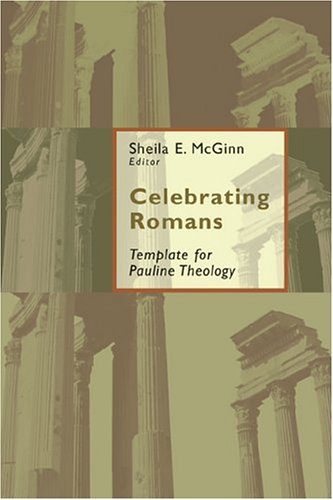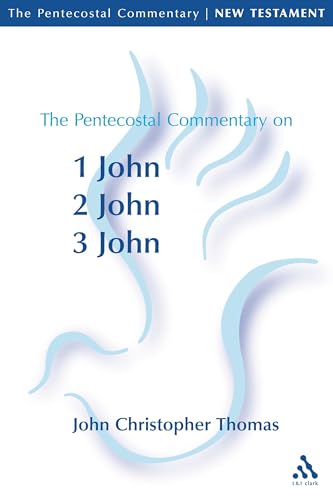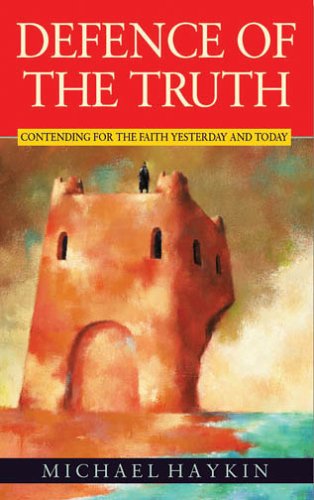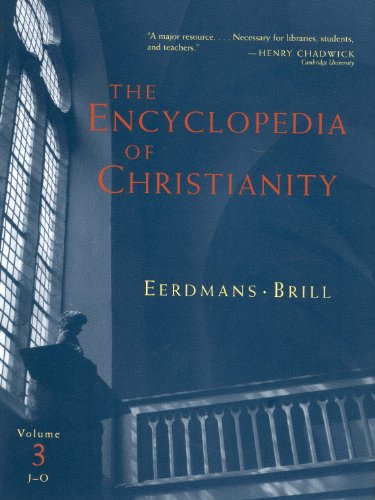CELEBRATING ROMANS: TEMPLATE FOR PAULINE THEOLOGY
Written by Sheila E. McGinn (ed.) Reviewed By Alistair I. WilsonHere are some brief remarks on some recent commentaries and other publications on Romans. The first two books are fairly traditional commentaries. First of all, we have the latest commentary from Ben Witherington. Those familiar with Witherington’s work will recognise several familiar features: the ‘socio-rhetorical’ approach which Witherington favours (which essentially means that he shows sensitivity to the social context of the letter and to the flow of its argument); clearly written exposition of the biblical text; helpful engagement with a wide range of scholarly literature; occasional ‘Closer Look’ sections on issues which deserve fuller discussion (e.g. The ‘New Perspective’); and ‘Bridging the Horizons’ sections which make a significant effort to apply the text to the modern world. Also familiar to this reviewer, however, is his distinct distaste for the doctrine of ‘the perseverance of the saints’; such that he manages to make Romans 8:31–39 sound as if it is a warning passage by claiming that ‘there is one item that Paul does not include in the list of things that cannot separate the believer from God’s love, namely the believer himself’ (234). Still, readers of all theological perspectives will learn a great deal from this commentary.
Grant Osborne’s contribution to the IVP New Testament Commentary series is a very helpful exposition of Romans by an excellent scholar who nonetheless writes with evangelical warmth and conviction. This is a substantial commentary (by the standards of this series) and Osborne manages to pace a lot of exegetical detail and helpful theological discussion into a relatively short book. Osborne engages with a reasonable range of scholarship, considering his space constraints, and demonstrates an irenic spirit even in disagreement. Although, like Witherington, writing from an explicitly Arminian perspective, Osborne is much more circumspect than Witherington in his comments on Romans 8:31–39 and elsewhere so that I felt that Osborne gave due recognition to both sides of the debate over these difficult texts. This commentary is well worth consulting.
Esler’s book is (according to Esler himself) ‘not a “commentary” so much as a “reading” ’ of Romans (18) in which he attempts to examine the nature of ethnic identity in ancient Rome, the problem of ethnic conflict and the way in which Paul addresses that problem in his letter to the Romans. This is a major contribution to social-scientific study of Romans.
Similarly, although on a smaller scale, Grieb’s volume is not a commentary, but an attempt to provide a readable exposition of the storyline of Romans. Grieb draws on the work of scholars such as R. B. Hays and N. T. Wright who emphasise the importance of narrative and the result is a fresh presentation of the message of Romans in the light of recent scholarship. A nice touch, which emphasises the author’s concern for the church, is the use of comments and questions ‘for further reflection’ at the end of each chapter, although her apparent attempt to justify same-sex sexual relationships made me wonder whether she was as in tune with Paul as I had first judged.
The final volume is a collection of essays in honour of Robert Jewett. The essays reflect five approaches to the study of Romans: theological; rhetorical; socio-historical; feminist; and dialogue with contemporary life. No doubt some readers will find something of interest in this collection, but I confess that, despite essays by some notable scholars such as J. D. G. Dunn and L. D. Hurst, there was not enough here for me to justify spending money on it. Try this one before you buy it.
Alistair I. Wilson
Alistair I. Wilson
Highland Theological College UHI
Dingwall, Scotland, UK






